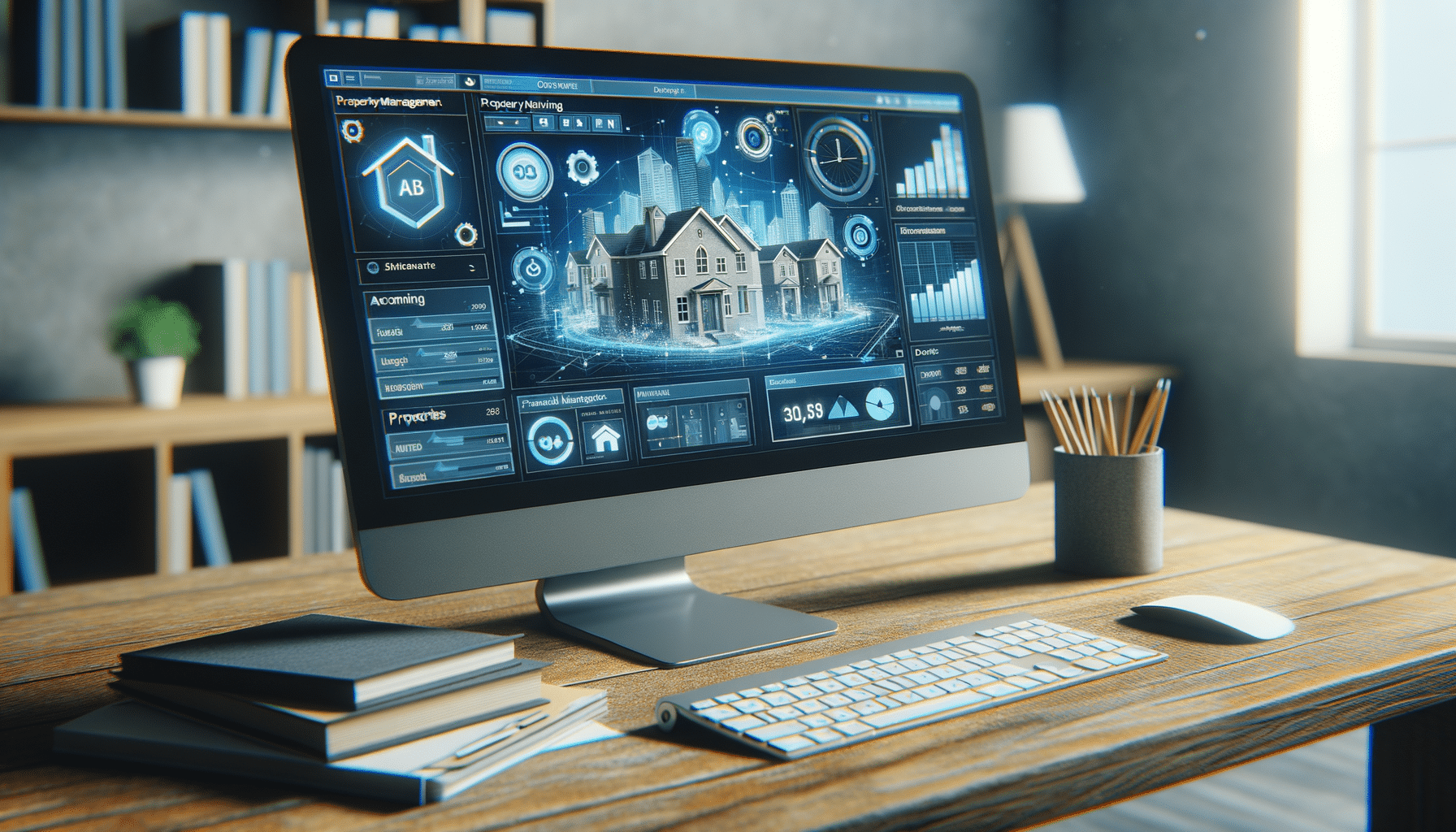
What You Need to Know About Property Management Software (And Why More People Are Using It)
Introduction to Property Management Software
Managing rental properties isn’t always simple. Whether you’re handling a single unit or a full portfolio, the day-to-day tasks can quickly pile up — rent collection, lease tracking, maintenance, communication, and more. That’s why more landlords and property managers are turning to Property Management Software to make their jobs easier. This software is designed to streamline and automate many of the tasks involved in property management, offering a centralized platform to manage everything from tenant applications to financial reporting. In this article, we will explore the importance of property management software, its features, benefits, and how it is transforming the property management landscape.
Key Features of Property Management Software
Property management software comes equipped with a variety of features that are designed to simplify the complex processes involved in managing rental properties. Here are some of the key features:
- Tenant and Lease Tracking: This feature allows property managers to keep track of tenant information, lease agreements, and rental history, ensuring that all data is organized and easily accessible.
- Rent Collection: Automated rent collection features enable tenants to pay their rent online, reducing the need for manual processing and minimizing late payments.
- Maintenance Management: Property managers can track and manage maintenance requests, schedule repairs, and communicate with contractors through the software.
- Financial Reporting: Comprehensive financial reporting tools help property managers keep track of income, expenses, and overall financial performance.
- Communication Tools: Built-in communication tools facilitate easy and efficient communication between property managers, tenants, and service providers.
These features not only save time but also improve the accuracy and efficiency of property management tasks.
Benefits of Using Property Management Software
The benefits of using property management software are numerous, making it an attractive option for property managers and landlords alike. Here are some of the primary advantages:
- Increased Efficiency: By automating routine tasks, property management software allows property managers to focus on more strategic activities, ultimately increasing productivity.
- Improved Accuracy: The software reduces the risk of human error in tasks such as rent collection and financial reporting, ensuring that data is accurate and up-to-date.
- Enhanced Communication: With integrated communication tools, property managers can easily stay in touch with tenants and service providers, improving response times and tenant satisfaction.
- Scalability: As property portfolios grow, property management software can scale to accommodate more units and more complex management tasks.
- Cost Savings: By streamlining processes and reducing manual labor, property management software can lead to significant cost savings over time.
These benefits demonstrate why more property managers are adopting this technology to enhance their operations.
Choosing the Right Property Management Software
Selecting the right property management software requires careful consideration of several factors. Here are some tips to help guide the decision-making process:
- Identify Your Needs: Assess your property management needs and prioritize the features that are most important for your operations.
- Consider User Experience: Look for software that is user-friendly and offers a seamless experience for both property managers and tenants.
- Evaluate Integration Capabilities: Ensure that the software can integrate with other tools and platforms you are currently using, such as accounting software.
- Review Customer Support: Choose a provider that offers reliable customer support to assist with any issues or questions that may arise.
- Analyze Cost: Consider the cost of the software and weigh it against the potential benefits and cost savings it offers.
By taking these factors into account, property managers can select a software solution that aligns with their specific needs and goals.
Conclusion: The Future of Property Management
Property management software is revolutionizing the way landlords and property managers operate. By offering a centralized platform to manage all aspects of property management, this technology is helping to streamline operations, improve efficiency, and enhance tenant satisfaction. As the real estate industry continues to evolve, property management software will play an increasingly important role in shaping the future of property management. For those looking to stay competitive and improve their property management processes, investing in the right software solution is a strategic move that can yield significant long-term benefits.